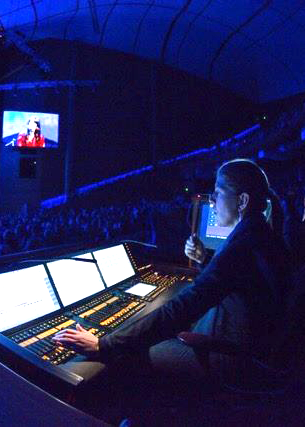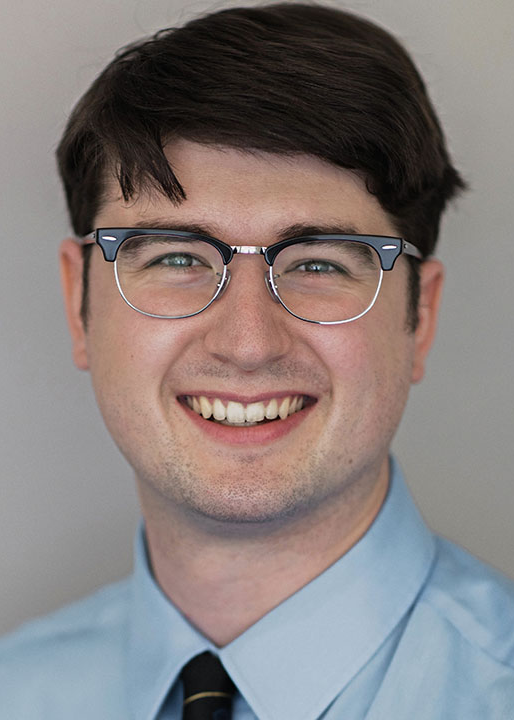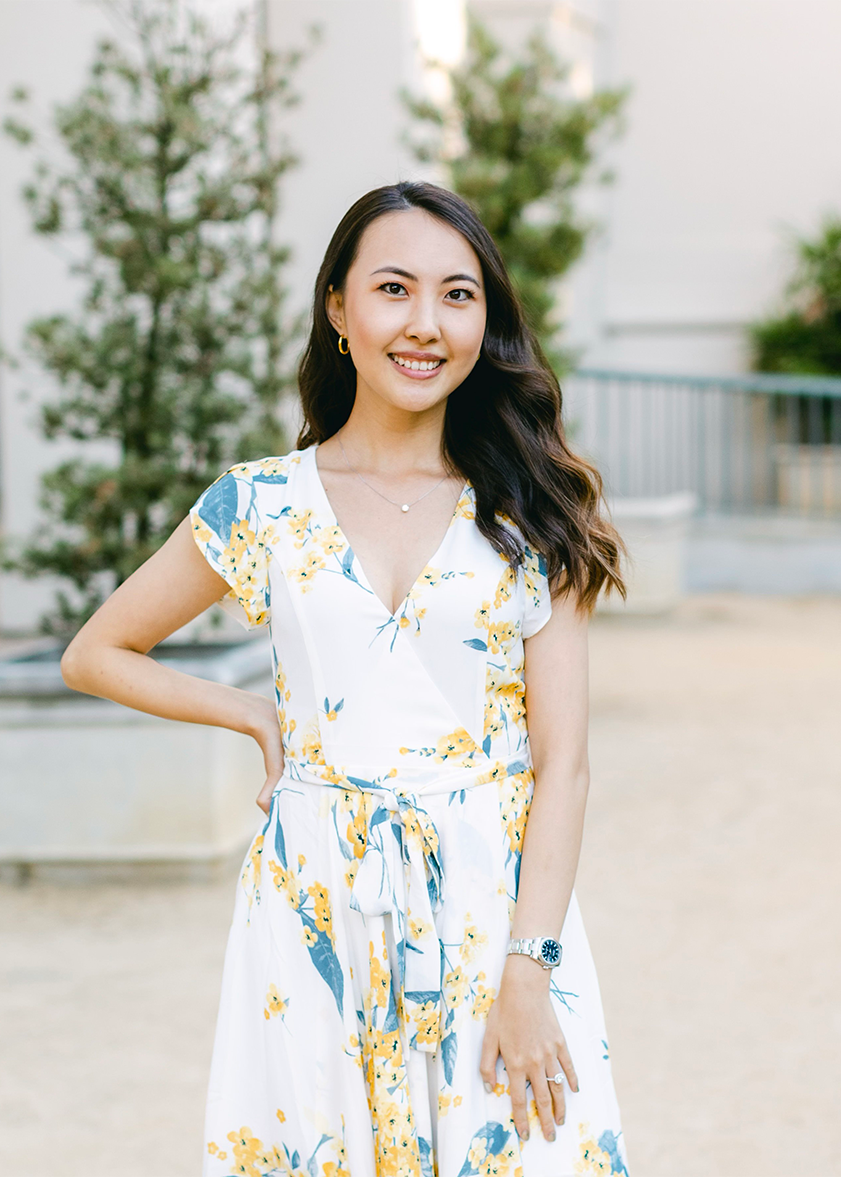Victoria Lansdown

Why did you choose your program at UBC and what did you enjoy most about it?
Starting off as a general Arts student, I began attending UBC with the intention of declaring a BA double-major in English literature and psychology. However, after my first year in Residence Life, I learned more about the Interdisciplinary Studies program from my colleagues. Upon further research, I decided the Interdisciplinary Studies program offered the perfect solution for me. While I’ve had a long-term vision of working as an English teacher, I also had a strong desire to learn more about the brain, specifically regarding how we learn and become individuals (hence, psychology). So, with the flexibility of classes available within the Interdisciplinary Studies program, where you can choose your own destiny so-to-speak, I was able to pursue both of my passions. Not only was I able to graduate with the English credits needed to work as an English Language Specialist (teaching English one-on-one), but also was able to learn more about how my current students learn best and how they can become the best person they can, in their own way.
What were some of your most meaningful experiences at UBC?
By far, my most meaningful experience at UBC was working in Residence Life. After three years working in RezLife, it’s easy to feel like you know your way around planning educational programs for first-years or sharing insights into UBC as a whole; yet, every day brought a new challenge. Not only was RezLife a critical factor in my understanding of the campus, and the beauty of the diversity within its students, but those three years were the #1 factor in establishing my personality and pride in my individuality. The personal support and ongoing professional development opportunities I had, often solely due to my connections in RezLife, continue to prove vital as I maneuver my way through the Canadian job market.
What choices did you make at UBC that contributed to your career success / journey?
In addition to my three years working in RezLife, conducting a 400-level Educational Psychology course through the Student Directed Seminars (SDS) program at CSI&C was an incredible experience that has directly affected my career success. With my long-term goal of becoming a teacher and working in the education sector, it is clear to see how planning and delivering a course on the most up-to-date educational and psychological research is related to my career. However, this experience with SDS also largely contributed to my overall personal journey toward finding what I’m specifically passionate about — the weekly seminar discussions with my fellow students allowed me the opportunity to flush out my thoughts and passions with individuals who had the confidence to share their paths, knowledge, and passions as well. Sharing a space and dialogue such as that was one of the critical pieces to my personal puzzle, which continues to set me apart from any potential competitors in my job market.
What was your first job after graduation and what other jobs did you have before your current position?
My first job after graduation, and my current position, entailed working as an English Language Remedial Learning Specialist. With this position, I teach students with dyslexia and a variety of other learning challenges how to read in a one-on-one setting.
Is your current career path as you originally intended? What challenges did you face in launching your career?
So far, my career path has been somewhat as planned. For over a decade, I’ve planned to become a teacher and work my way up through the education sector into an administrative role, slowly growing into a position where I can create/adjust curriculum to create a more wholesome educational experience, while offering additional classes such as Personal Finance, basic Computer Programming, Home Economics, Personal Wellness, Professional Grace + Courtesy, etc. to prepare high school students for life after graduation. After deciding to take this job right after graduation, instead of pursuing a BEd to become a standard high school English teacher, I found that working in an admin role is a better fit for me. So, I am now returning to UBC in the fall to pursue an MBA to transfer into an admin role at a school, hopefully designing innovative courses for my next student body.
What do you like about your current job and what do you find challenging? How does it relate to your degree?
I love working one-on-one with students, yet the daily challenges that come with a variety of learning differences continues to be an opportunity for personal growth. Seeing the variety of brain chemistry, whether through learning styles or personalities, directly relates to my psychology studies, and the coursework itself relates to the English literature curriculum part of my BA.
From your experience, what has been the value of having an Arts degree?
Having an Arts degree has set me up for success insofar as I have been able to find my passion, narrow it down, create a plan, and find support along the way. While consistently going to Arts Advising as an undergrad student to ensure I had what I needed to graduate from UBC, I also made sure I had what I needed to graduate into the world. I would say, specifically at UBC, an Arts degree has been crucial in preparing me for the dialogue and intercultural respect needed to succeed after graduation.
What advice would you give to students and alumni interested in breaking into your industry?
Network. Especially for my fellow international students, who will see how having a work permit may occasionally be a challenge, networking can be the difference in bringing your future job applications to the top of the pile.
What advice would you give to your first-year self?
Networking is not overrated. While Indeed.ca, LinkedIn, and BCjobs.ca are all fabulous for finding summer jobs, and even post-grad positions, networking is always useful. In addition to learning about potential openings that may not be available on these sites, networking also allows you the opportunity to learn from someone in a similar field, who has learned some valuable insight into how to prepare for a successful journey in such a role.
Victoria Lansdown



Why did you choose your program at UBC and what did you enjoy most about it?
Starting off as a general Arts student, I began attending UBC with the intention of declaring a BA double-major in English literature and psychology. However, after my first year in Residence Life, I learned more about the Interdisciplinary Studies program from my colleagues. Upon further research, I decided the Interdisciplinary Studies program offered the perfect solution for me. While I’ve had a long-term vision of working as an English teacher, I also had a strong desire to learn more about the brain, specifically regarding how we learn and become individuals (hence, psychology). So, with the flexibility of classes available within the Interdisciplinary Studies program, where you can choose your own destiny so-to-speak, I was able to pursue both of my passions. Not only was I able to graduate with the English credits needed to work as an English Language Specialist (teaching English one-on-one), but also was able to learn more about how my current students learn best and how they can become the best person they can, in their own way.
What were some of your most meaningful experiences at UBC?
By far, my most meaningful experience at UBC was working in Residence Life. After three years working in RezLife, it’s easy to feel like you know your way around planning educational programs for first-years or sharing insights into UBC as a whole; yet, every day brought a new challenge. Not only was RezLife a critical factor in my understanding of the campus, and the beauty of the diversity within its students, but those three years were the #1 factor in establishing my personality and pride in my individuality. The personal support and ongoing professional development opportunities I had, often solely due to my connections in RezLife, continue to prove vital as I maneuver my way through the Canadian job market.
What choices did you make at UBC that contributed to your career success / journey?
In addition to my three years working in RezLife, conducting a 400-level Educational Psychology course through the Student Directed Seminars (SDS) program at CSI&C was an incredible experience that has directly affected my career success. With my long-term goal of becoming a teacher and working in the education sector, it is clear to see how planning and delivering a course on the most up-to-date educational and psychological research is related to my career. However, this experience with SDS also largely contributed to my overall personal journey toward finding what I’m specifically passionate about — the weekly seminar discussions with my fellow students allowed me the opportunity to flush out my thoughts and passions with individuals who had the confidence to share their paths, knowledge, and passions as well. Sharing a space and dialogue such as that was one of the critical pieces to my personal puzzle, which continues to set me apart from any potential competitors in my job market.
What was your first job after graduation and what other jobs did you have before your current position?
My first job after graduation, and my current position, entailed working as an English Language Remedial Learning Specialist. With this position, I teach students with dyslexia and a variety of other learning challenges how to read in a one-on-one setting.
Is your current career path as you originally intended? What challenges did you face in launching your career?
So far, my career path has been somewhat as planned. For over a decade, I’ve planned to become a teacher and work my way up through the education sector into an administrative role, slowly growing into a position where I can create/adjust curriculum to create a more wholesome educational experience, while offering additional classes such as Personal Finance, basic Computer Programming, Home Economics, Personal Wellness, Professional Grace + Courtesy, etc. to prepare high school students for life after graduation. After deciding to take this job right after graduation, instead of pursuing a BEd to become a standard high school English teacher, I found that working in an admin role is a better fit for me. So, I am now returning to UBC in the fall to pursue an MBA to transfer into an admin role at a school, hopefully designing innovative courses for my next student body.
What do you like about your current job and what do you find challenging? How does it relate to your degree?
I love working one-on-one with students, yet the daily challenges that come with a variety of learning differences continues to be an opportunity for personal growth. Seeing the variety of brain chemistry, whether through learning styles or personalities, directly relates to my psychology studies, and the coursework itself relates to the English literature curriculum part of my BA.
From your experience, what has been the value of having an Arts degree?
Having an Arts degree has set me up for success insofar as I have been able to find my passion, narrow it down, create a plan, and find support along the way. While consistently going to Arts Advising as an undergrad student to ensure I had what I needed to graduate from UBC, I also made sure I had what I needed to graduate into the world. I would say, specifically at UBC, an Arts degree has been crucial in preparing me for the dialogue and intercultural respect needed to succeed after graduation.
What advice would you give to students and alumni interested in breaking into your industry?
Network. Especially for my fellow international students, who will see how having a work permit may occasionally be a challenge, networking can be the difference in bringing your future job applications to the top of the pile.
What advice would you give to your first-year self?
Networking is not overrated. While Indeed.ca, LinkedIn, and BCjobs.ca are all fabulous for finding summer jobs, and even post-grad positions, networking is always useful. In addition to learning about potential openings that may not be available on these sites, networking also allows you the opportunity to learn from someone in a similar field, who has learned some valuable insight into how to prepare for a successful journey in such a role.



